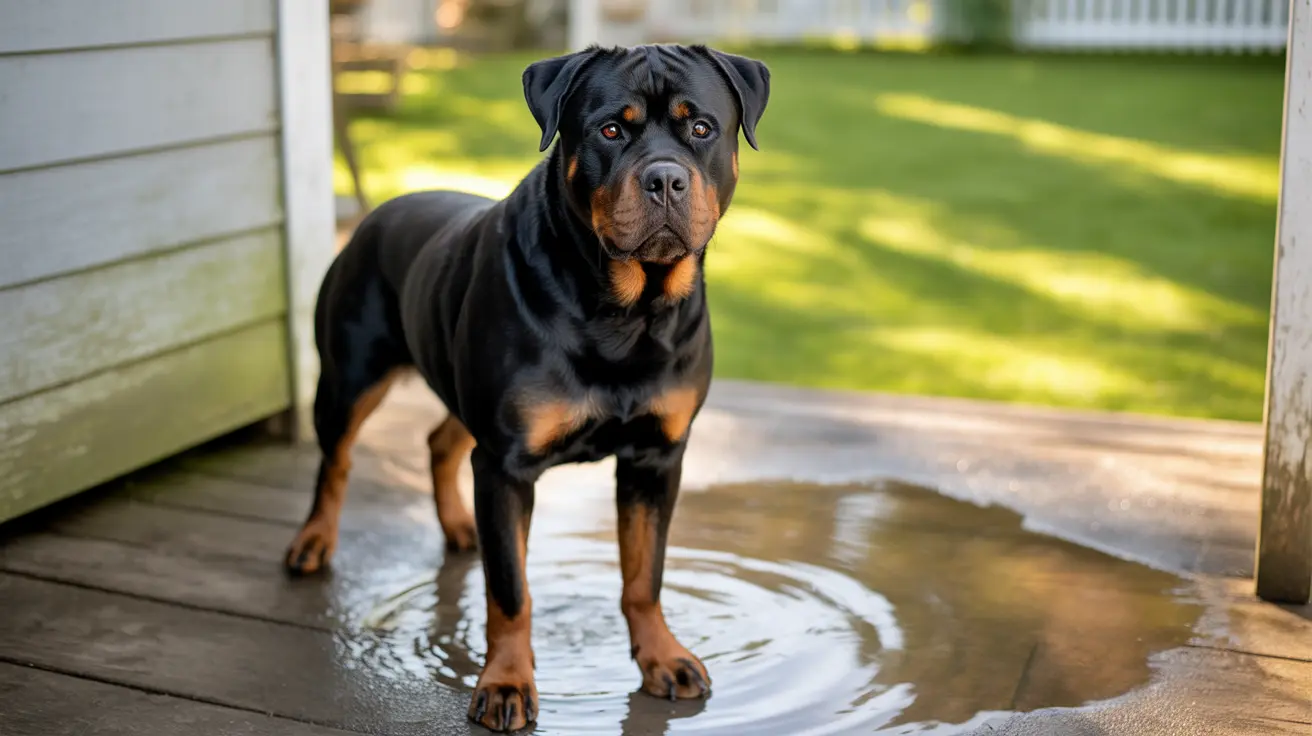Understanding Chlorine's Effect on Fleas
Chlorine, particularly in the form of household bleach, can indeed kill fleas on contact. The chemical's strong oxidizing properties can effectively eliminate adult fleas and their eggs on hard surfaces. However, this effectiveness comes with significant limitations and safety concerns that make it far from ideal as a primary flea control method.
The Science Behind Chlorine and Flea Control
When chlorine comes into contact with fleas, it disrupts their cellular structure, leading to their death. While this might sound promising, the concentration needed to be effective against fleas could be dangerous for both pets and humans. Additionally, chlorine's effectiveness is limited to direct contact on non-porous surfaces, making it impractical for treating carpets, furniture, or pets.
Safety Concerns and Limitations
Using chlorine for flea control presents several significant risks:
- Respiratory issues from chlorine fumes
- Skin irritation and chemical burns
- Damage to fabrics and surfaces
- Environmental concerns
- Potential poisoning if pets ingest treated materials
Effective Alternatives for Flea Control
Professional Flea Treatments
Instead of relying on chlorine, veterinarian-approved flea treatments offer safer and more effective solutions:
- Topical flea medications
- Oral flea prevention tablets
- Flea collars with proven active ingredients
- Professional pest control services
Home Environment Treatment
A comprehensive approach to flea control should include:
- Regular vacuuming of all surfaces
- Washing pet bedding in hot water
- Steam cleaning carpets and upholstery
- Using pet-safe flea powders or sprays
- Maintaining a clean, clutter-free environment
Natural Flea Control Methods
For those seeking natural alternatives, several options exist:
- Diatomaceous earth for carpet treatment
- Neem oil as a natural repellent
- Apple cider vinegar solutions
- Regular grooming with flea combs
- Cedar oil treatments
Prevention and Maintenance
The best approach to flea control is prevention:
- Regular pet checkups
- Monthly flea preventative treatments
- Routine house cleaning
- Yard maintenance to prevent outdoor flea populations
- Regular monitoring of pets for signs of fleas
Frequently Asked Questions
Does chlorine (bleach) effectively kill fleas and their eggs in the home?
While chlorine can kill fleas on contact, it's only effective on hard, non-porous surfaces and requires concentrations that could be dangerous for household use. It's not recommended as a primary flea control method.
What are the risks of using chlorine to control fleas around pets and people?
Chlorine poses significant risks including respiratory problems, skin irritation, chemical burns, and potential poisoning. It can also damage furniture, carpets, and other household items.
How should I treat my pet and clean my house to eliminate a flea infestation safely?
Use veterinarian-approved flea treatments for pets while thoroughly cleaning your home through vacuuming, washing bedding in hot water, and possibly employing professional pest control services.
What natural alternatives to chlorine can I use to repel or kill fleas?
Effective natural alternatives include diatomaceous earth, neem oil, cedar oil, and apple cider vinegar solutions. These should be used alongside regular cleaning and preventative measures.
Why isn't chlorine recommended for controlling deeper or severe flea infestations?
Chlorine can't penetrate deep into carpets, furniture, or pet bedding where fleas often live and breed. Its use is limited to surface treatment and poses too many risks to be practical for comprehensive flea control.






